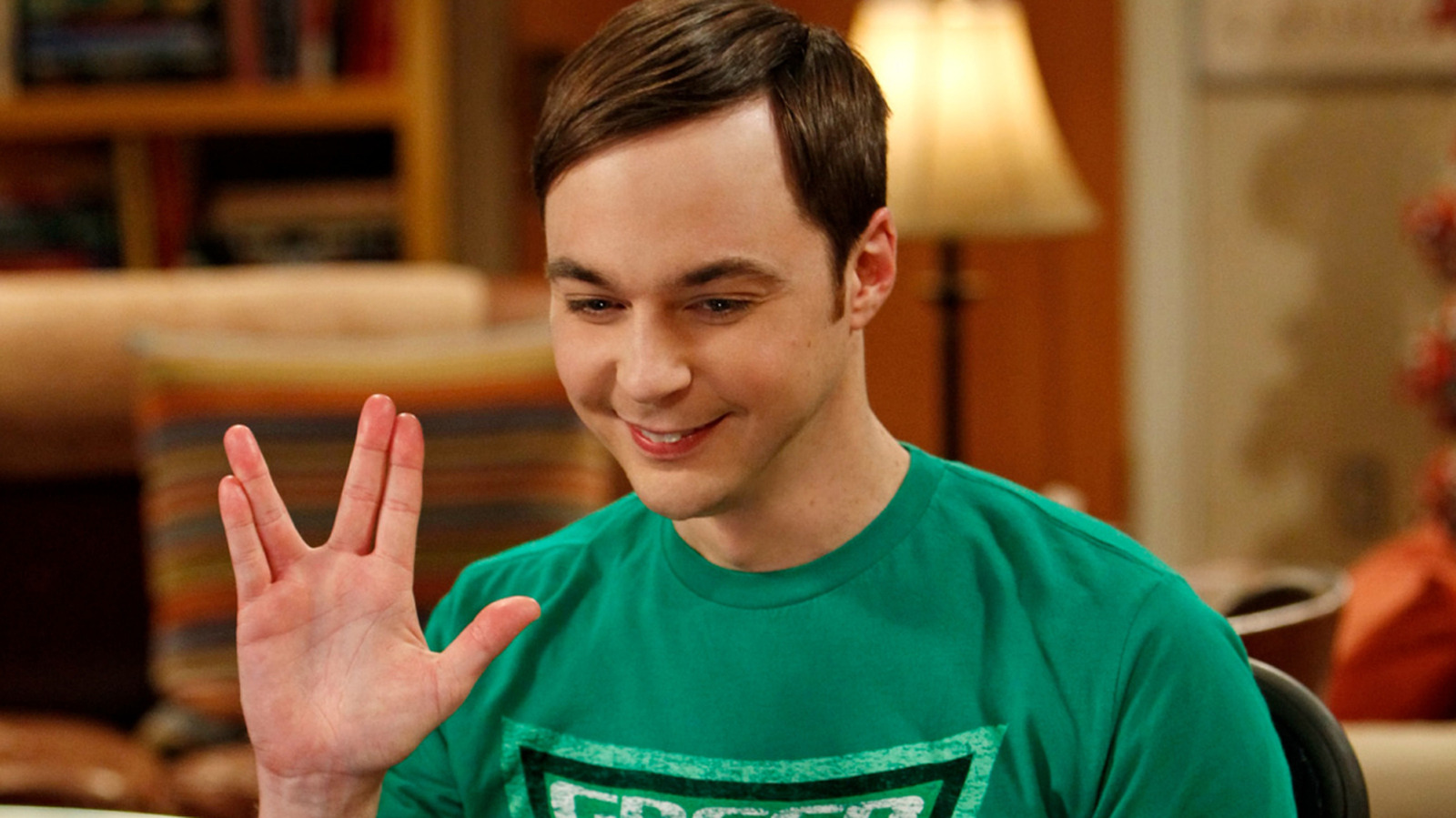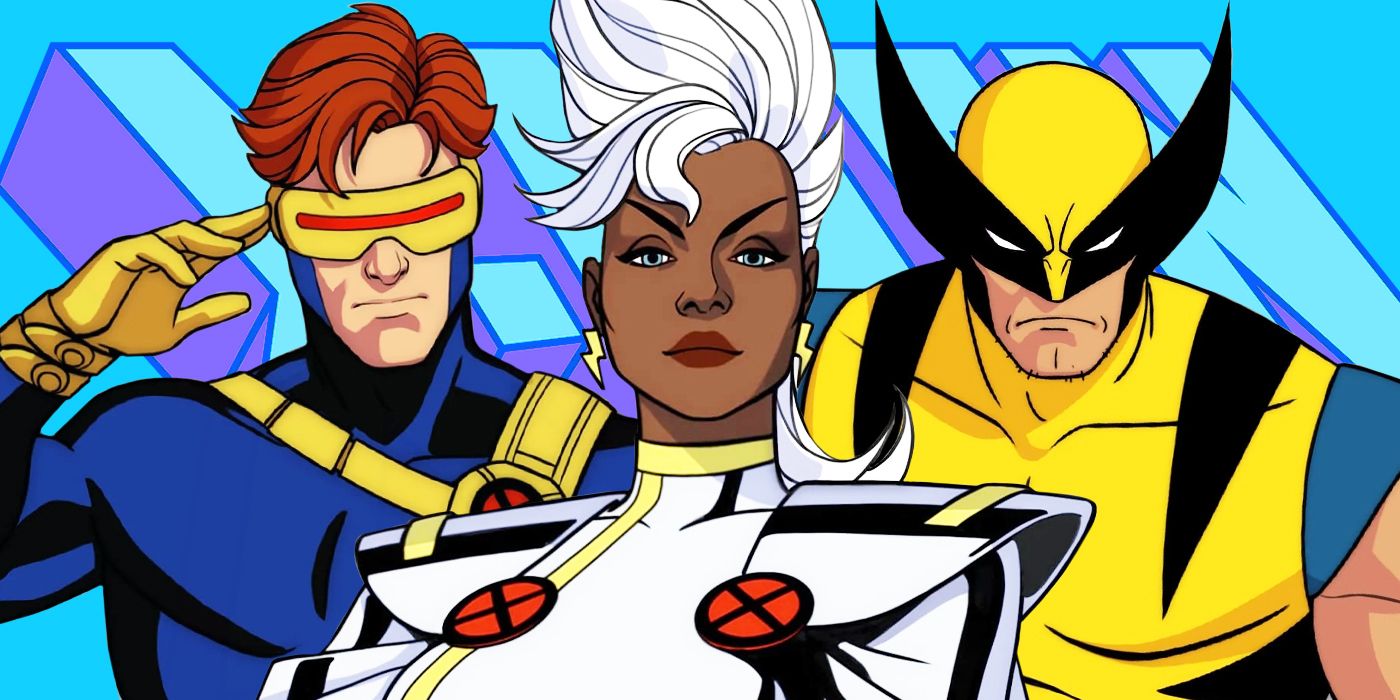Doctor Who Series 15 Episode 5 Review: The Story & The Engine
Warning: contains spoilers for Doctor Who episode “The Story & The Engine”. The Doctor and Belinda land in Lagos, Nigeria, where a mysterious Barber is holding people hostage and using their stories for nefarious purposes, in a poetic, conceptually daring episode that vividly shows how Doctor Who can keep itself fresh and vital into the […] The post Doctor Who Series 15 Episode 5 Review: The Story & The Engine appeared first on Den of Geek.

Warning: contains spoilers for Doctor Who episode “The Story & The Engine”.
The Doctor and Belinda land in Lagos, Nigeria, where a mysterious Barber is holding people hostage and using their stories for nefarious purposes, in a poetic, conceptually daring episode that vividly shows how Doctor Who can keep itself fresh and vital into the future.
There are many ways in which “The Story & the Engine” feels invigorating. Let’s start with the Doctor himself, and the way the episode engages with his new appearance. “Lux” made a laudable, if slightly clumsy attempt to deal with some of the implications of a newly non-white Doctor, specifically how his skin colour could expose him and his companion to a type of violent prejudice that the character has never had to encounter before. It’s arguably – and unfortunately – what most viewers might have expected from the new series: an exploration of how being black could negatively impact the Doctor’s travels.
What’s wonderful about “The Story & the Engine” is that it explores the Doctor’s blackness as a fairly unambiguous positive. While his explanation to Belinda about why he loves visiting Lagos springs from an admission that he is no longer welcome in some parts of Earth, he quickly moves on to celebrating how being in this new body has enabled him to find a type of companionship – and acceptance – that we’ve not really seen embraced by previous incarnations. It’s interesting to take the scene with the Time Lord practically dancing through the marketplace, embracing, greeting and shaking hands, and imagine it with a different actor. There’s something vaguely Tennant-ish about it – fittingly, as Ncuti Gatwa’s Doctor was literally born from Tennant’s – but on the whole it feels delightfully specific to this regeneration.
At the end of Gatwa’s first season, it was hard to shake the concern that the show was retreading certain aspects of the character’s emotional journey, with a return to portentous ‘Last of the Time Lords’ melancholy. Not only would that have felt stale, but it wouldn’t really make sense with Gatwa – the actor can certainly do angst, but his portrayal of the Doctor is primarily defined by a bubbling, irrepressible joy.
This episode manages to find the point where the two approaches intersect, with the Doctor expressing his fundamental loneliness not through moping around the TARDIS and gravely intoning “There was a war”, but by throwing himself wholeheartedly into companionship and community, making friends with ordinary people and hearing their stories. It feels new, whilst also being quintessentially Doctor, fully in the lineage of Tom Baker declaring “homo sapiens – what an inventive, invincible species” back in 1975 (the Doctor’s tribute to Belinda’s everyday heroism also feels of a piece with Peter Capaldi’s “human progress isn’t measured by industry, it’s measured by the value you place on a life, an unimportant life, a life without privilege”). And it gives “The Story & the Engine” some dramatic meat, allowing Gatwa to convincingly sell how betrayed he feels by Omo, and his later contrition at allowing that hurt to get the better of him.
The Lagos setting also helps the episode to feel fresh – and not just visually speaking. It might have felt like tourism in the past, but there is a real specificity to how the city is portrayed and the culture is baked into the story in a tangible way, from throwaway lines about people not making appointments, to the particular role the barber shop plays in their lives.
It’s worth talking here about writer Inua Ellams, who makes a strong impression with his Doctor Who debut. Born in Nigeria, Ellams is a highly accomplished poet and playwright, which shines through in the episode, from the conceptually rich, magical realist bent of the story, through to the relatively contained setting. It’s a companion piece of sorts to Ellams’ play Barber Shop Chronicles, which weaved together stories from six barber shops in six different countries over the course of a day (actor Sule Remi, who plays Omo here, also appeared in a National Theatre production of the play). In a 2020 Guardian interview, Ellams said that “barber shops, for British black men, are a safe, sacred place where they can go to relax, escape racism and talk freely”, a potent and profoundly humanistic idea to explore in Doctor Who.
But far from being a retread of his previous work, Ellams makes the barber shop integral to the story, turning it into a bizarre, threatening environment, almost TARDIS-like in its refusal to obey the laws of physics. It’s a fascinating inversion, taking this sanctuary where men can freely share stories and twisting its positive qualities into something more unsettling. The concept of a ship powered by stories, with a brain inside a heart at its core, propelled by a giant spider through what Alan Moore might call ‘Ideaspace’, is one of the most delightfully batshit premises we’ve had in Doctor Who, and the visuals are sumptuous. From the design of the spider and the heart brain engine, to the windows that respond to the stories being told, it all looks wonderful, and gives the episode its own unique feel.
As delightfully bananas – and resonant – as all these concepts are, the episode doesn’t always succeed in grounding them. The stakes sometimes feel a little abstract, and beyond the easy-to-grasp idea that these trapped people need to go home, it’s not totally clear how all these big ideas coalesce into a set of tangible consequences. The Barber is brilliantly played by Ariyon Bakare, who finds many different shades to play in one of the more complex villains the series has had lately, but apart from being a charismatic and imposing presence, it’s not entirely clear what threat he poses. We never get a sense of what the consequences would be for the men if they simply refused to sit in the chair and tell stories – the red light and alarm are an effective initial signifier of danger, but the episode doesn’t develop the threat beyond that. We could almost have done with a sacrificial character to illustrate the threat, though that might have made it harder to redeem the Barber at the end.
Similarly, the idea that the destruction of the storytelling gods will cause catastrophic damage to humanity is an absolutely massive concept that the episode kind of takes as a given, without really delving into it. We know from the Doctor’s encounters with the Pantheon that gods exist in this universe in some form or another, but historically the show usually suggests that gods are ancient aliens of some sort.
If the episode were suggesting that the destruction of storytelling, in a more allegorical sense, would lessen humanity, that would be one thing. But suggesting that all these specific human-created gods not only literally exist, but are so inextricably linked to us that their deaths will cause catastrophic harm, feels new for the show. It’s compelling in theory, but whereas most of the episode’s big ideas feel exciting and invigorating, this one feels like it raises a few too many questions.
Ultimately, though, I’m not going to ding an episode of Doctor Who for having too many ideas. These are minor complaints, especially when set against how much the episode gets right, with pretty much everything firing on all cylinders, from the direction to the performances (plus a cameo from Jo Martin’s Fugitive Doctor for good measure!). A fresh angle on the Doctor’s character, enough high concepts to power multiple stories, a new and distinctive voice given seemingly free reign to play in one of TV’s biggest sandboxes and explore very personal themes – this is all worthy of celebration.
The second Russell T Davies era has thrown lots of ideas at the wall – and retreaded some old ground, albeit from a slightly different angle. But “The Story & the Engine”, like “The Devil’s Chord” and “Lux”, feels like the 60-year-old show staking out genuinely new territory. What with all the disquieting background hum about hiatuses, these sorts of episodes make me confident that the show has many more years in it yet.
Hopefully decades!
Doctor Who continues with “The Interstellar Song Contest” on Saturday May 17 on BBC One and iPlayer in the UK, and on Disney+ around the world.
The post Doctor Who Series 15 Episode 5 Review: The Story & The Engine appeared first on Den of Geek.


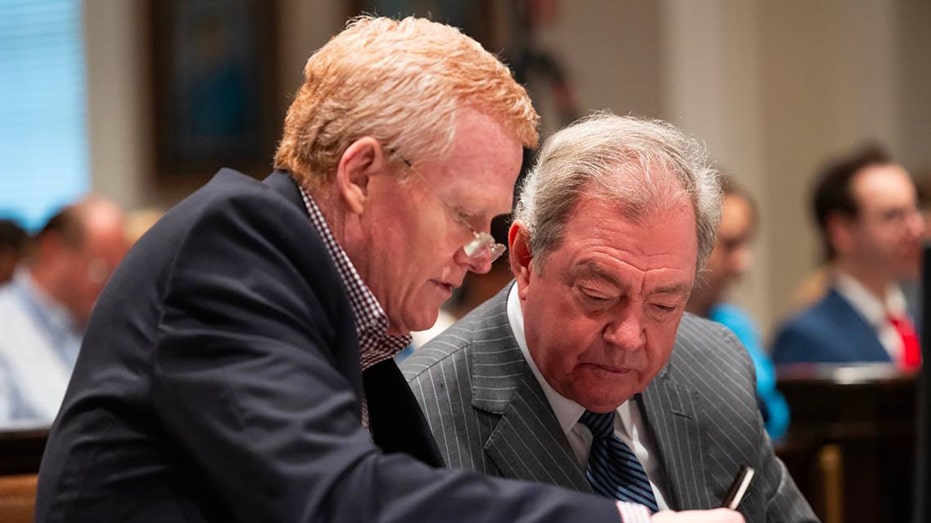
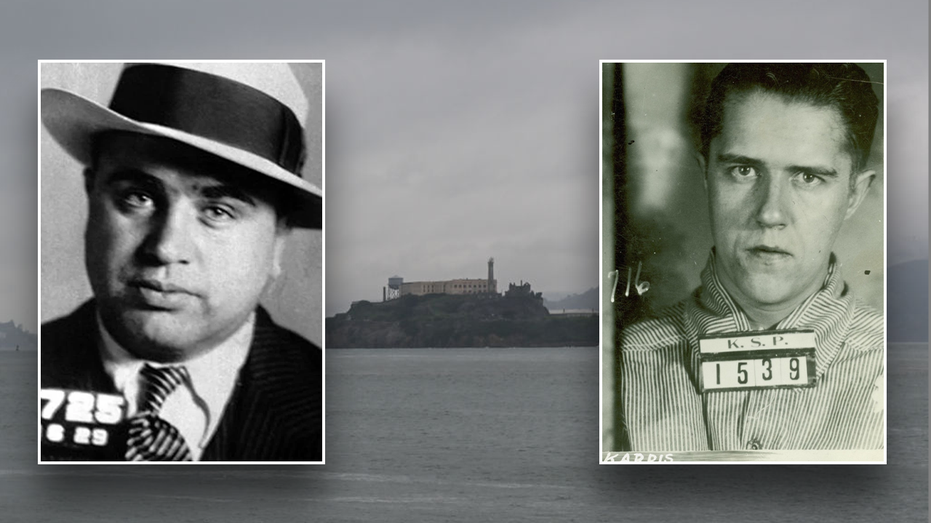

































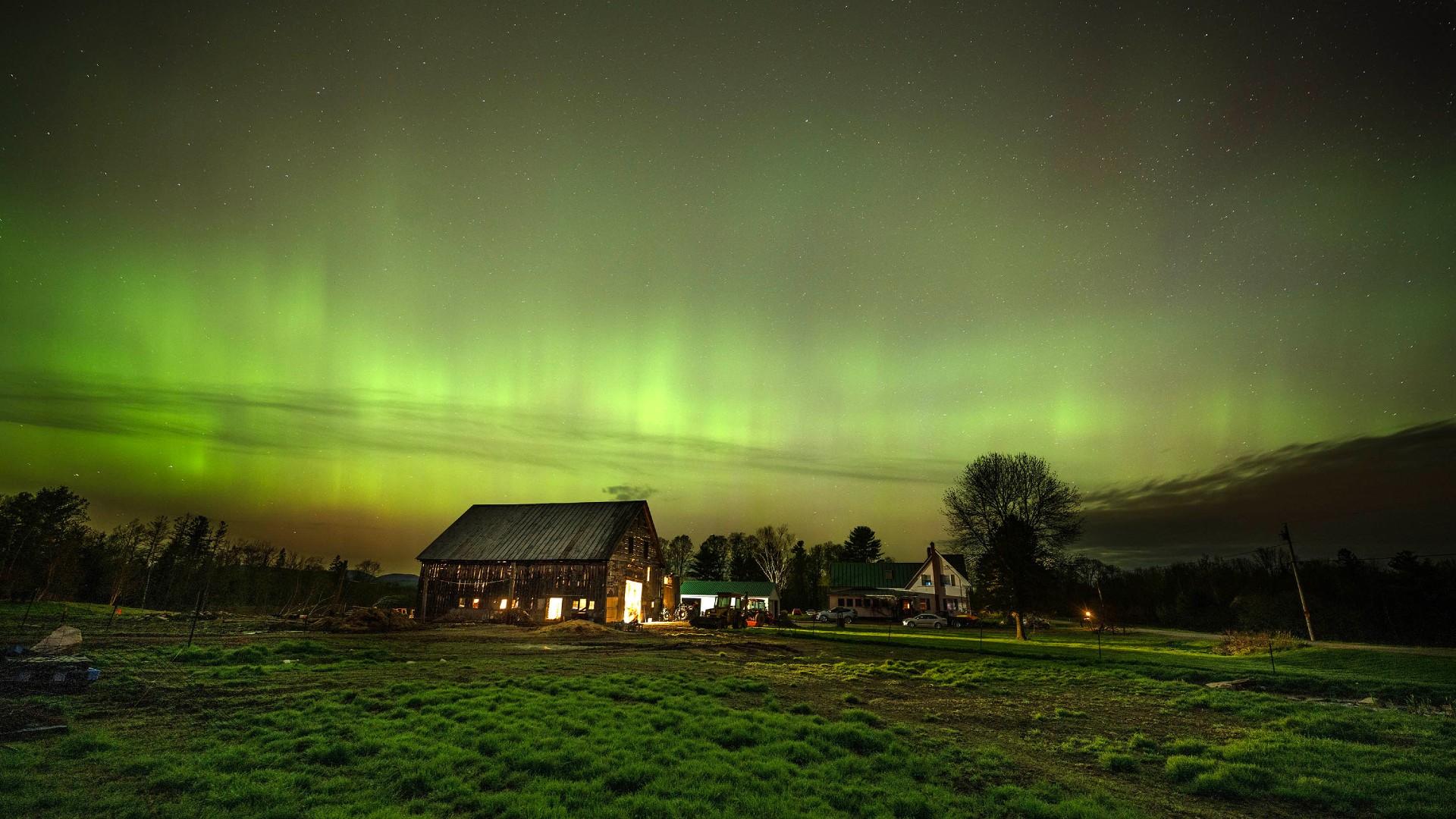







![The Alviator Family Review: Cathay Pacific The Bridge, Hong Kong (HKG) [NEW, 2025]](https://boardingarea.com/wp-content/uploads/2025/05/6debc5e22fa3d87557b0ecbedb07a2a4.jpeg?#)






